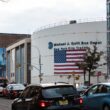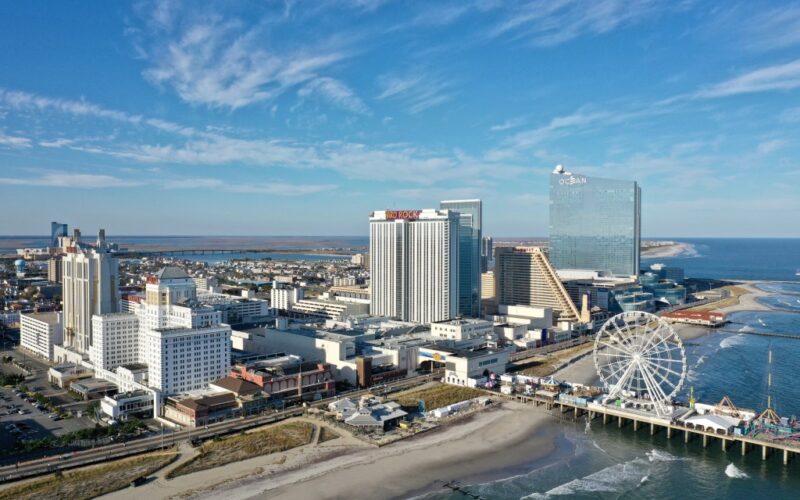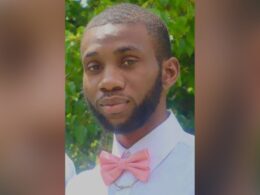Casinos are coming to New York. That’s not up for debate.
The real question is: Will they serve the people who live where they’re built — or just the investors who own them?
I’m the mayor of Atlantic City, the East Coast’s original casino destination. I was 4-years-old when our first casino opened in 1978. I’ve lived through every promise, every boom, every bust, and every reinvention since. The difference between a casino that benefits its neighbors and one that only serves itself comes down to one thing: whether the community’s future is built into the plan from day one.
When New Jersey legalized gaming, the promises sounded familiar: jobs, tax revenue, revitalization. And for a while, it worked. Casinos created thousands of middle-class jobs and kept public services running.
But entire neighborhoods were razed in the name of “redevelopment.” Families were displaced. Small businesses were wiped out. And the promised reinvestment into those same communities never fully arrived. Over time, we learned a harder truth: casinos alone can’t carry the weight of a city.
The Northeast gaming market isn’t limitless. New properties often divide the pie instead of expanding it — and when the novelty fades, neighborhoods can be left with more traffic, higher housing costs, and no lasting benefits.
That’s why the stakes are highest in some of the very neighborhoods New York is targeting — Coney Island, the Bronx, and Queens. These are working-class, often minority neighborhoods where promises of jobs and community benefits carry real weight. But without enforceable safeguards, independent oversight, and a diversified economic strategy, those promises rarely match the hype.
Right now, New York’s casino licensing process is entering its final, most politically charged phase, with Community Boards split, City Hall in the middle of a turf battle, and developers pushing hard for approvals.
Before the state locks in billions in gaming commitments, it should ask: Are these investments designed to strengthen neighborhoods? Or simply to host them? And why should basic upgrades every community deserves — better infrastructure, public spaces, housing, small business support — be contingent on a casino arriving first?
In Atlantic City, our nine casinos remain an economic engine, generating nearly $900 million in taxes and fees annually and supporting 23,000 jobs. But we’ve learned they can’t — and shouldn’t — carry a city on their own. That’s why we’ve spent the last several years diversifying our economy and reinvesting in our people.
We’ve cut property taxes for six straight years. We reopened the Atlantic City Aquarium after a five-year renovation. We restored Pop Lloyd Stadium in honor of a Negro Leagues legend. We also secured $50 million to rebuild our Boardwalk, repair streets, and strengthen coastal resilience — all with state and federal funding.
We’ve expanded programs for first-time homebuyers and small businesses. We’ve launched GreatDayAtlanticCity.com, giving youth and seniors a platform to tell their city’s story. And we’ve partnered with Visit Atlantic City, the Greater Atlantic City Chamber, local development corporations, and grassroots organizations to make sure progress reaches every neighborhood, not just the Boardwalk.
As a result, private investment has followed. From Stockton University’s growing campus to Showboat’s family district to the transformational Bader Field redevelopment, we’re proving none of this happens in isolation.
That’s the perspective New York needs to hear. Because once the ribbon is cut and the headlines fade, the real work begins — and it will fall on the communities that live with these casinos long after the grand opening.
Casinos can be powerful economic anchors. But they must be part of a broader plan to strengthen neighborhoods, protect housing, support small businesses, and ensure long-term community benefits.
Casinos alone don’t build cities. People do.
If there’s one thing no rendering can replicate, it’s this: a city that’s still standing, still fighting, and still home to the most iconic Boardwalk and beach on the East Coast.
Small has been mayor of Atlantic City, where he was born and raised, since 2019.








